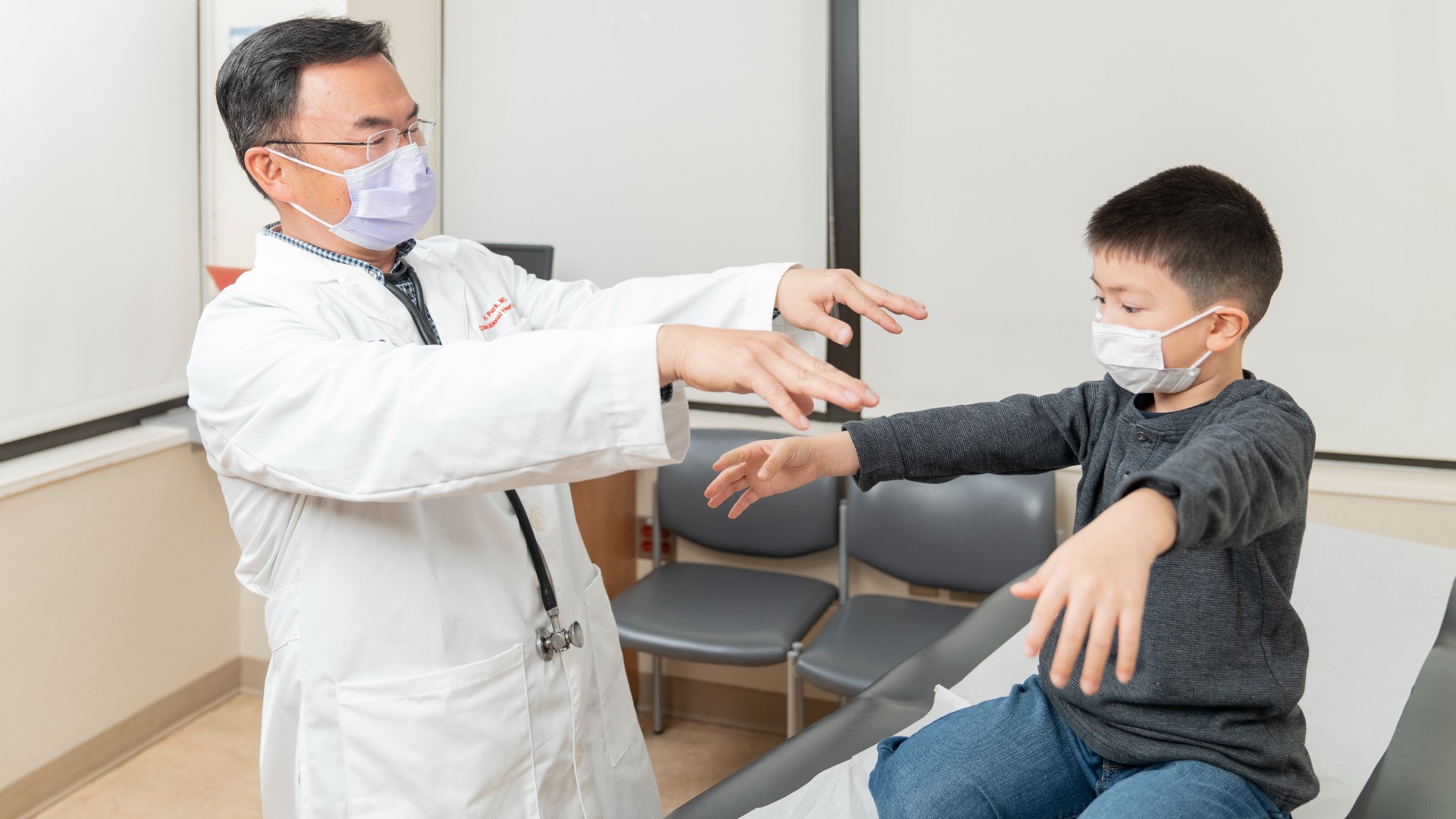Children’s National Heart Institute has both outpatient and inpatient social workers to support your entire family during your child’s stay and follow up care. These social workers, dedicated solely to our families seeking cardiac care, are specially trained and licensed to counsel families coping with illness, assess patient and family psychosocial needs, provide crisis and therapeutic counseling, prepare families for the transition from hospital to home, and educate and link families to community resources. Our team of social workers focuses on the unique needs of every family at each visit to the hospital.

We routinely assist families with financial concerns or insurance questions. In addition, many families come to Children’s National Hospital from out-of-town to obtain care for their children. Our social workers are knowledgeable about many area resources to make your stay in the Washington area as smooth as possible. Housing assistance is available and our social workers can facilitate referrals to the local Ronald McDonald House for assistance with hotel arrangements.
Social workers are available to work with all members of the family – not just the patient! The social work team is experienced and trained to work with all ages such as siblings, grandparents and extended family. The social work team also can make referrals to our Child Life Specialists who have expertise in working with patients and their siblings to help prepare them for hospitalizations.
Our goal in social work is to help the family cope with the illness — that means addressing the anxiety and stress, the financial concerns, or the day-to-day details that need attention during a child's illness.
Easing Anxiety for Kids in the Hospital
We understand that visiting a hospital as a patient or supportive family member can be difficult, especially for children. Watch our Child Life Specialists explain how they make a difference in children's lives by helping young patients and family members cope with being in a hospital.





